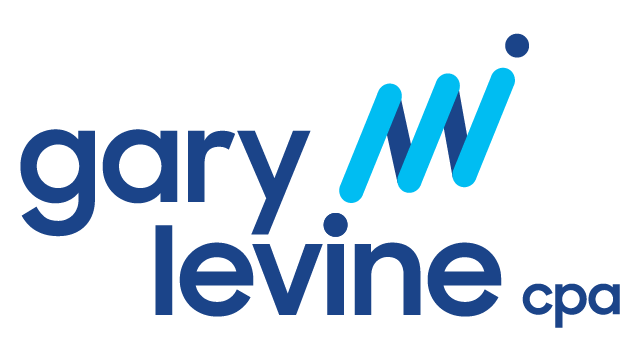Things to Think About When Choosing a Tax Preparer
Right now, you may be scrambling to find a qualified person to prepare your taxes.
Many tax payers choose use a tax preparer for their return because it takes the burden and time off of themselves. Tax professionals may also be able to spot when there are additional deductions available for you, or can give advice on how to lower the amount you owe and how to avoid auditing. But even if you’re in a last-minute bind, you should still choose your tax return preparer wisely. At the end of the day, you are responsible for all the information in your return – no matter who prepares it.
Here are nine tips to help you choose a tax preparer:
Check the Preparer’s Qualifications.
You can use the IRS Directory of Federal Tax Return Preparers with Credentials and Select Qualifications. This tool helps you find a tax return preparer with specific qualifications. The directory is a searchable and sortable listing of preparers.
Check the Preparer’s History.
You can ask the Better Business Bureau about the preparer. Check for disciplinary actions and the license status for credentialed preparers. For CPAs, people can check with the State Board of Accountancy. For attorneys, they can check with the State Bar Association.
Ask about Service Fees.
Avoid preparers who base fees on a percentage of the refund or who boast bigger refunds than their competition. When asking about a preparer’s services and fees, don’t give them tax documents, Social Security numbers or other information.
Ask to E-File.
Make sure your preparer offers IRS e-file. The quickest way for you to receive your refund is to electronically file your federal tax return and use direct deposit. All tax preparers who prepare and file more than 10 tax returns are required to e-file returns, unless you specifically request your return be filed by paper.
Make Sure the Preparer is Available After Filing.
Avoid fly-by-night preparers. You may want to contact your preparer after this year’s April 15 due date to ensure they are still available in case you run into any issues with your return. If they are suddenly unavailable or out of business after the tax deadline, it’s time to find someone new.
Provide Records and Receipts.
Good preparers will ask to see your records and receipts. They’ll ask questions to figure things like the total income, tax deductions and credits. Also, never sign a blank tax form, and be sure your tax preparer has signed the tax return he or she prepared.
Review Before Signing.
Before signing a tax return, review it. Ask questions if something is not clear. Make sure you feel comfortable with the accuracy of the return before signing it. And be sure your refund goes directly to you – not to the preparer’s bank account. Always review the routing and bank account number on the completed return. The preparer should give you a copy of the completed tax return.
Ensure the Preparer Signs and Includes Their PTIN.
All paid tax preparers must have a Preparer Tax Identification Number. By law, paid preparers must sign returns and include their PTIN.
Report Abusive Tax Preparers to the IRS.
Most tax return preparers are honest and provide great service to their clients. However, some preparers are dishonest. People can report abusive tax preparers and suspected tax fraud to the IRS. Use Form 14157, Complaint: Tax Return Preparer. If a taxpayer suspects a tax preparer filed or changed their return without the taxpayer’s consent, they should file Form 14157-A, Return Preparer Fraud or Misconduct Affidavit.

